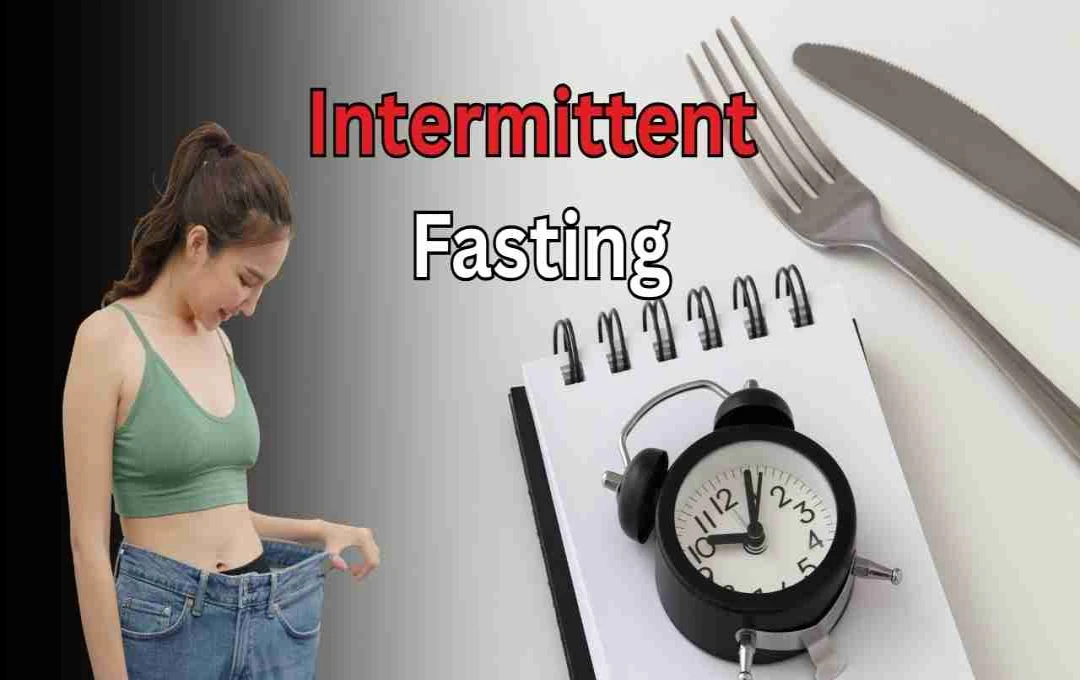Recent research claims that prolonged adherence to the 16:8 pattern of intermittent fasting may double the risk of heart attack and cardiovascular death. Prolonged fasting can increase stress hormones and destabilize blood pressure and cholesterol, increasing the risk of heart disease.
Intermittent fasting risk heart: Intermittent fasting, popular for weight loss and improving metabolic health, particularly the 16:8 pattern (eating for 8 hours and fasting for 16 hours a day), has raised concerns in recent research. According to a study published in the journal Diabetes & Metabolic Syndrome, people who follow this pattern for a long time may have double the risk of heart attack and cardiovascular death. Experts say that prolonged hunger increases stress hormones and affects the quality of food intake, which can negatively impact the heart.
Risks Revealed in Research

A recent study published in the journal Diabetes & Metabolic Syndrome reported that following the 16:8 intermittent fasting pattern for an extended period can significantly increase cardiovascular risks. The research suggests that in this pattern, people remain hungry for long periods and often consume more calories and lower quality food during the 8-hour eating window. This increases the risk of blood pressure, cholesterol, and heart health problems.
A study conducted by Harvard Medical School and other universities found that long-term followers of the 16:8 diet may have up to double the risk of heart attack and cardiovascular death. This is especially dangerous for people who already have existing heart problems or diabetes.
How Heart Risk Increases
According to scientists, the problem lies not only in fasting but also in the eating pattern. Due to prolonged hunger, people tend to consume junk food, high-calorie, and less nutritious food during the 8-hour window. Additionally, prolonged hunger causes the body to be affected by stress hormones. This destabilizes blood pressure and increases cholesterol levels, which can pose a risk to the heart.
Some Benefits of Fasting

Some studies suggest that intermittent fasting can help with short-term weight loss, blood pressure control, and cholesterol reduction. According to a Harvard Health article, short-term benefits are seen from fasting for 12 to 16 weeks. However, adopting it for the long term can be risky for health.
Safety Measures
Doctors say that if a person is suffering from a heart or sugar problem, they should not fast without consulting a doctor. Pay attention to the quality of food. Include green vegetables, fruits, healthy protein, and whole grains in whatever you eat during the 8 hours. Do not consider fasting as a long-term lifestyle solution. Adopt it as a temporary tool. If problems like dizziness, fatigue, or irregular heartbeat occur during fasting, stop immediately.















